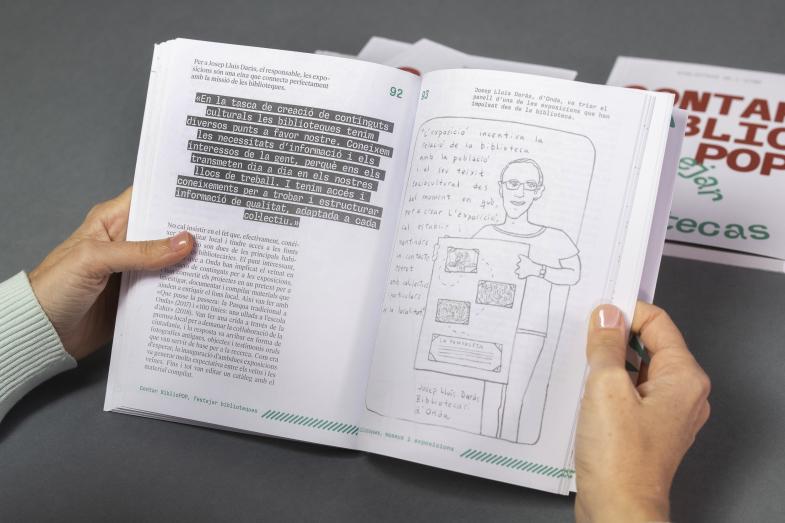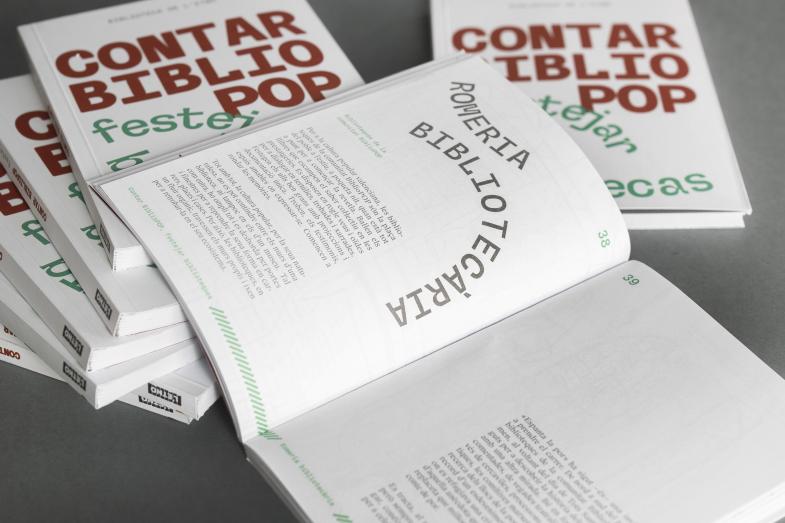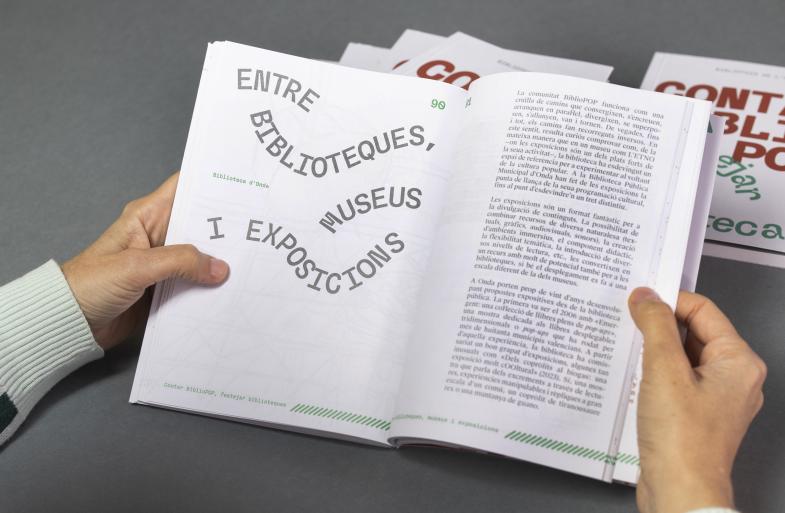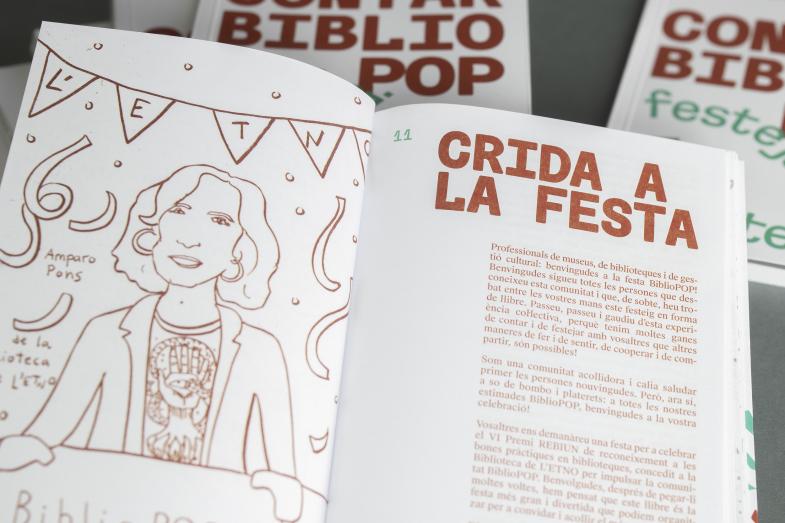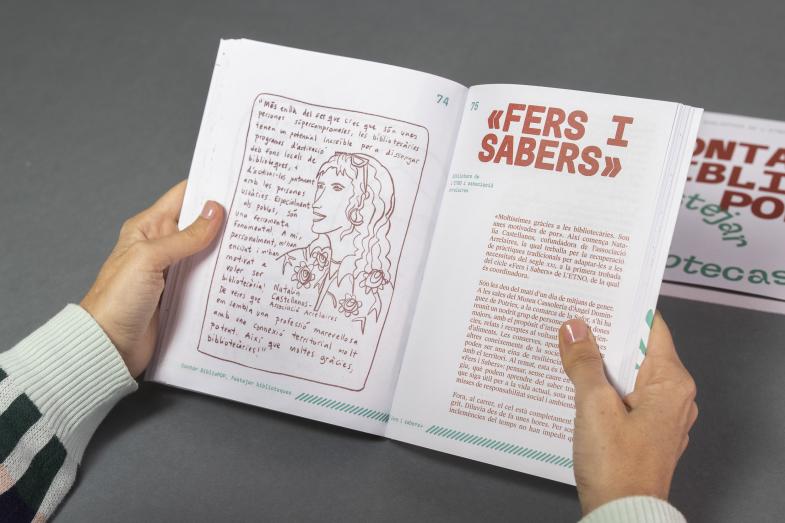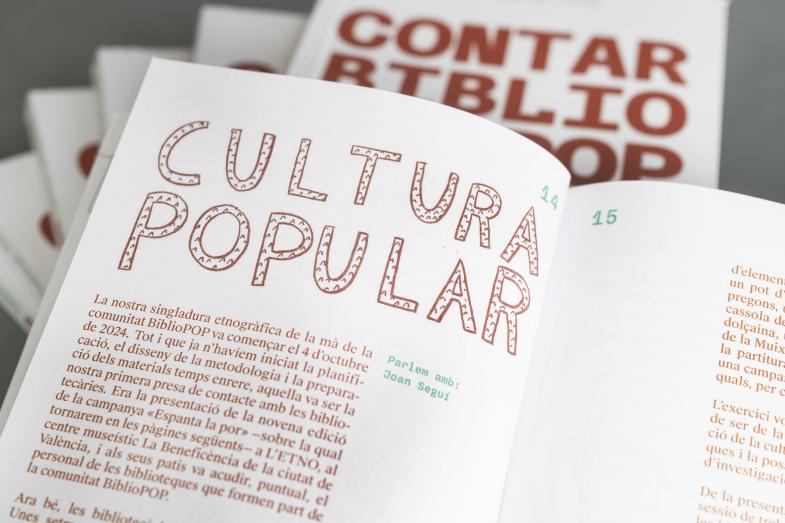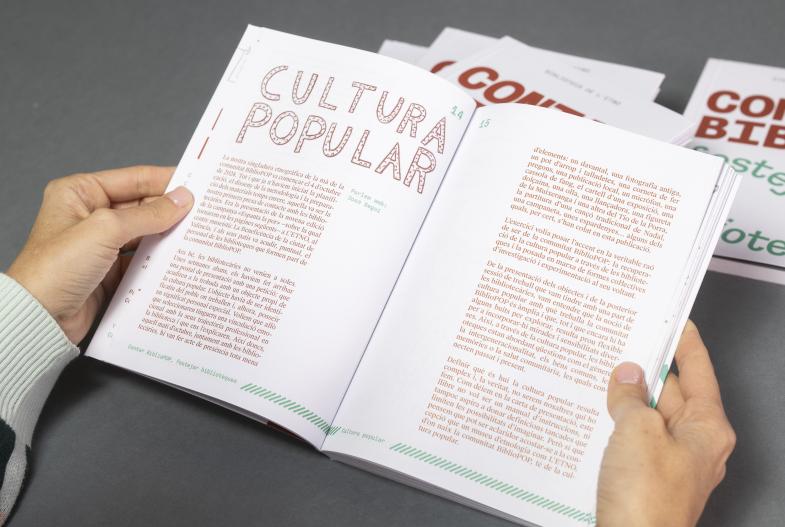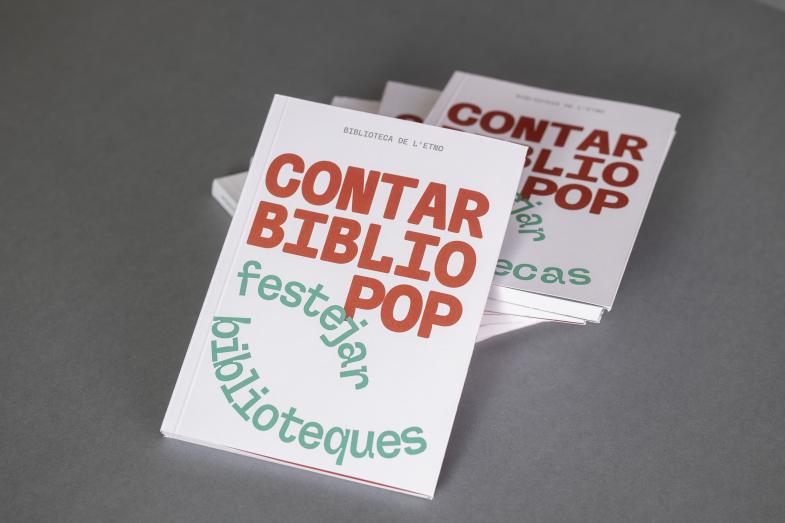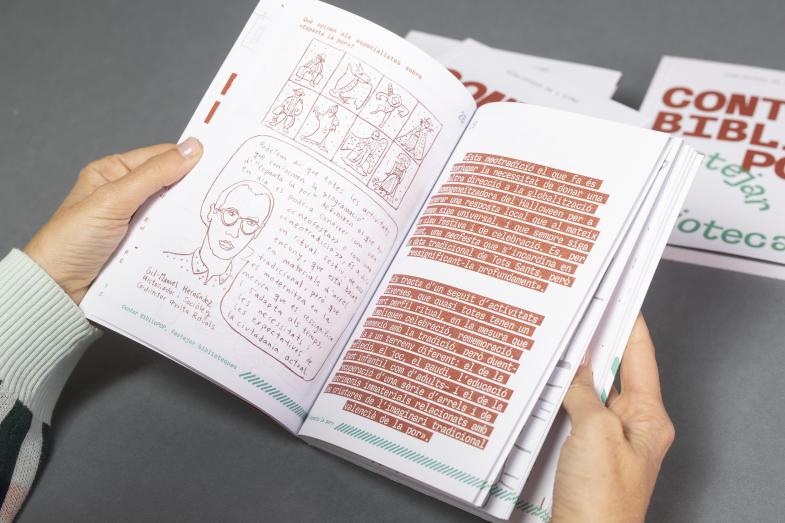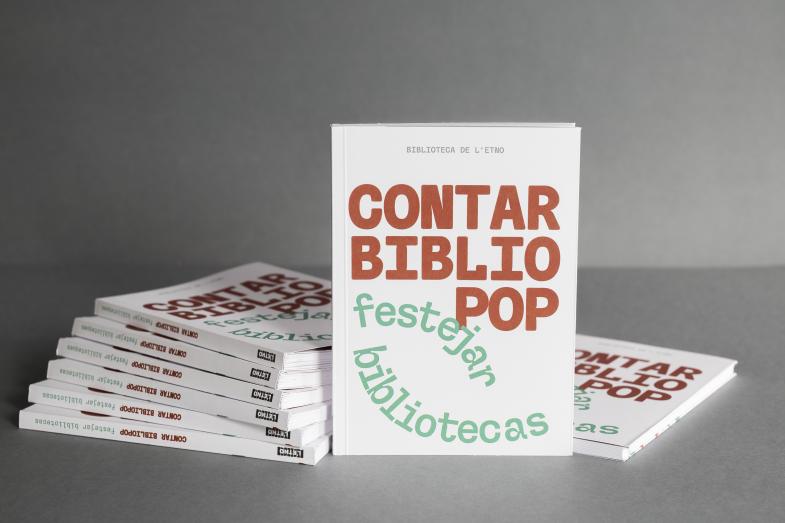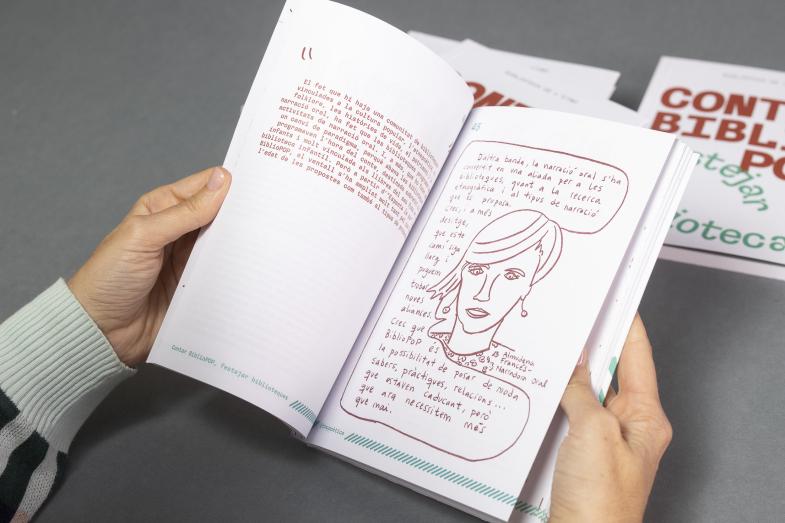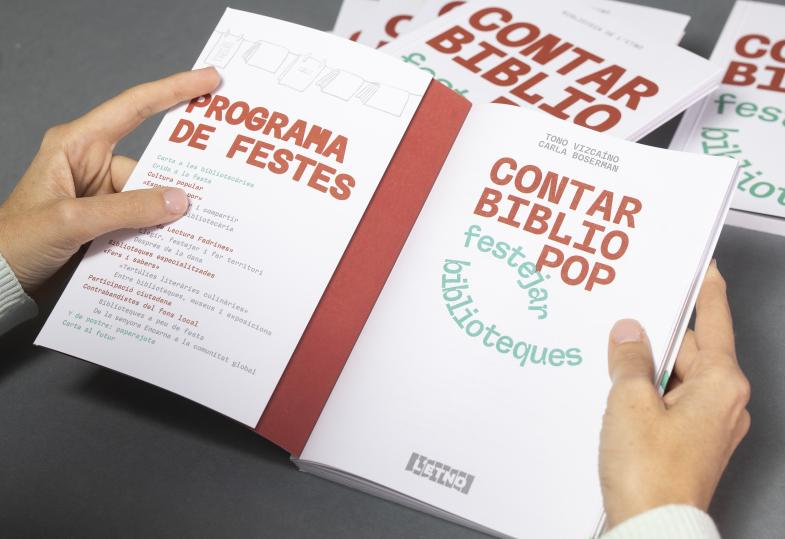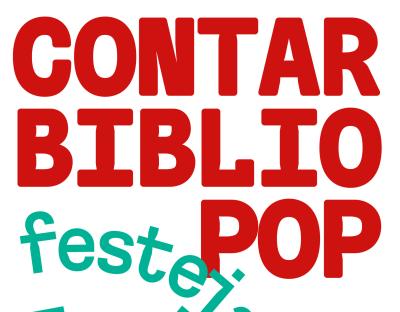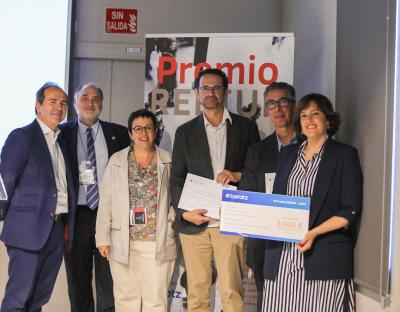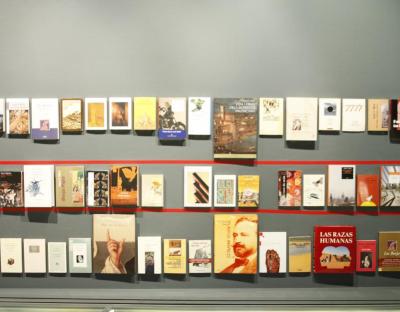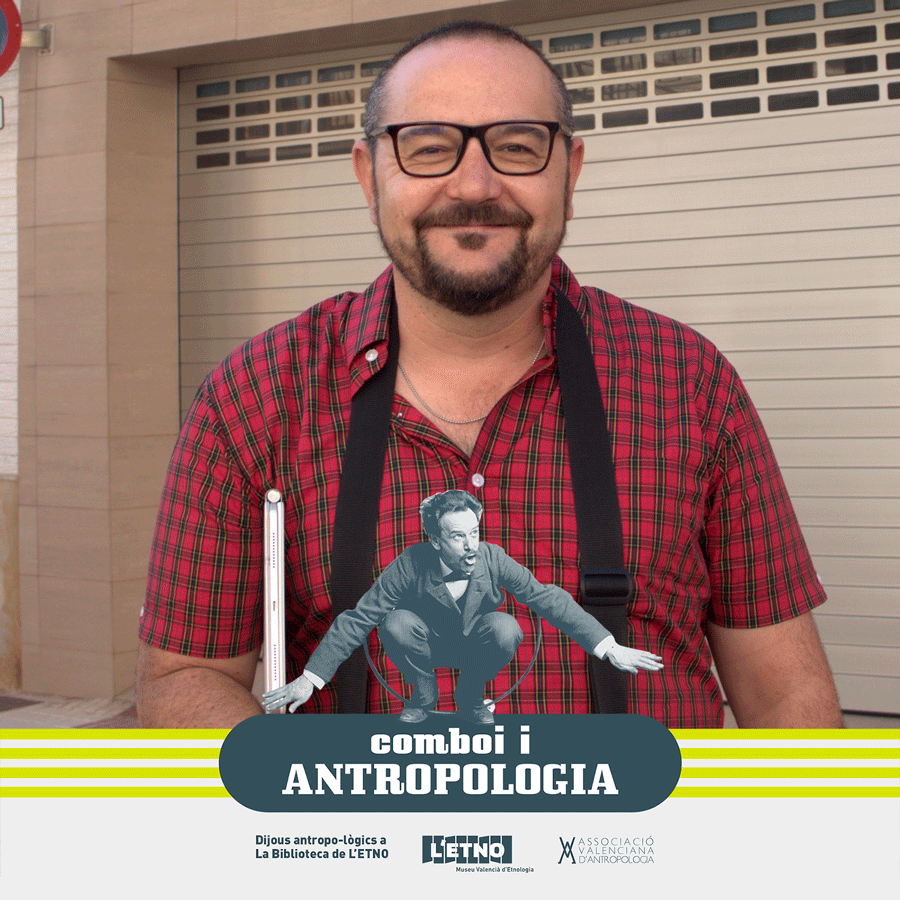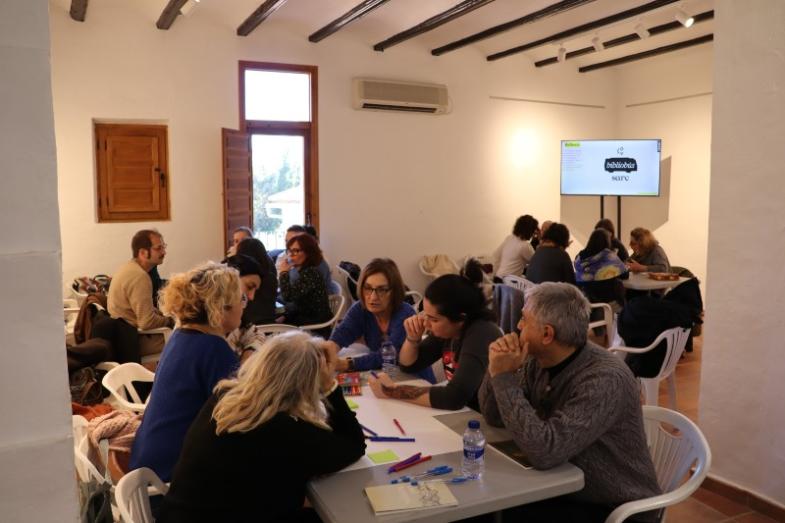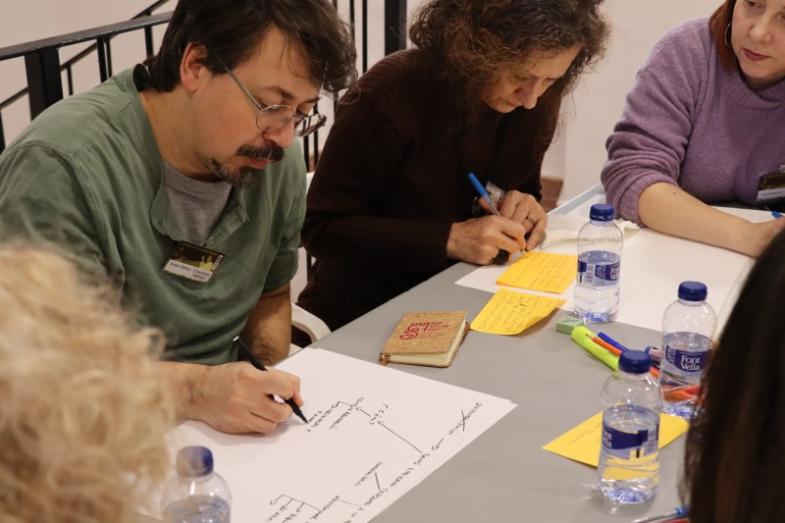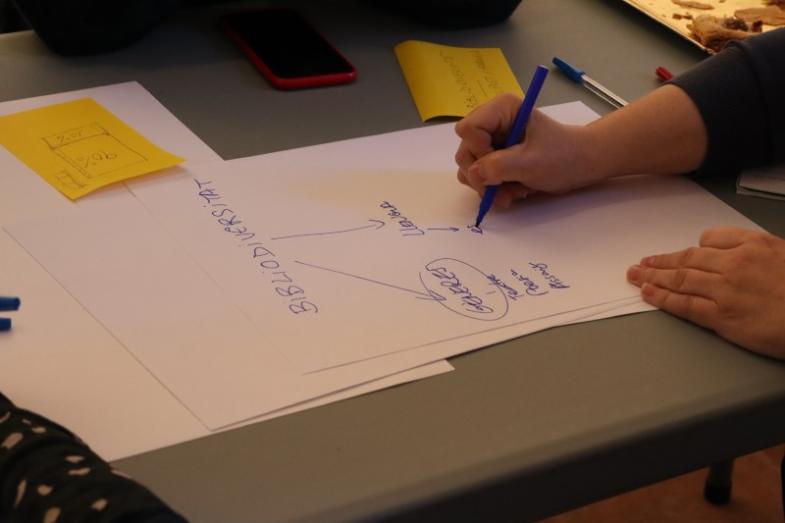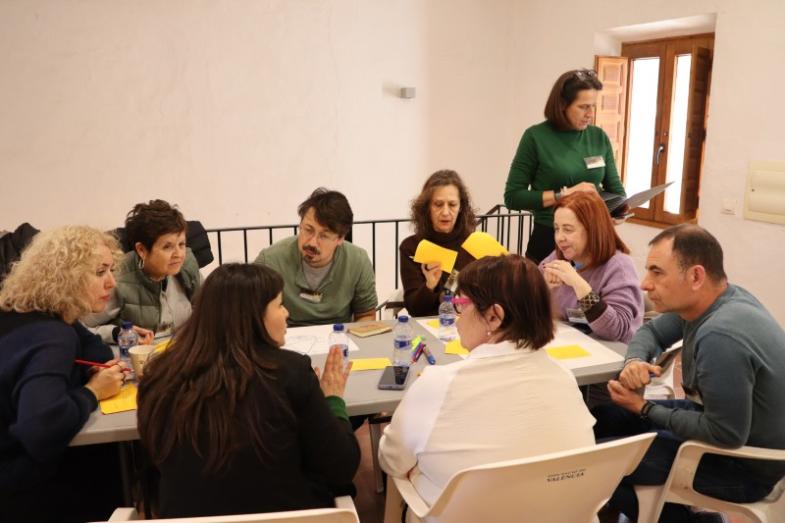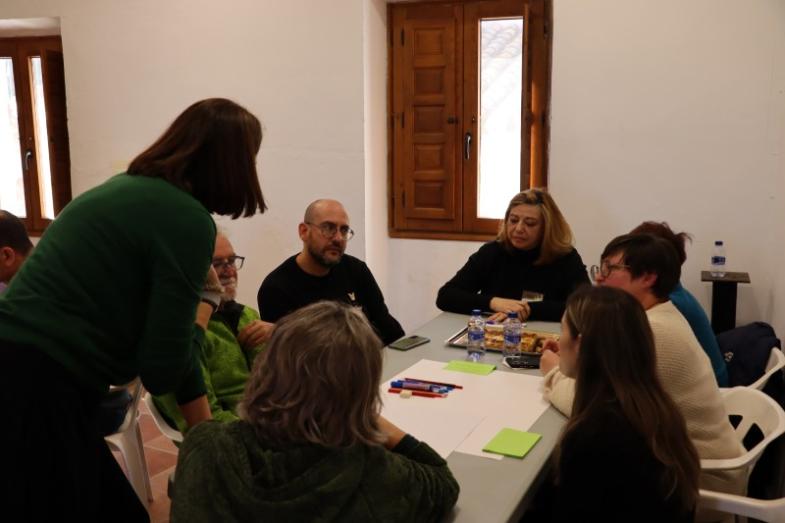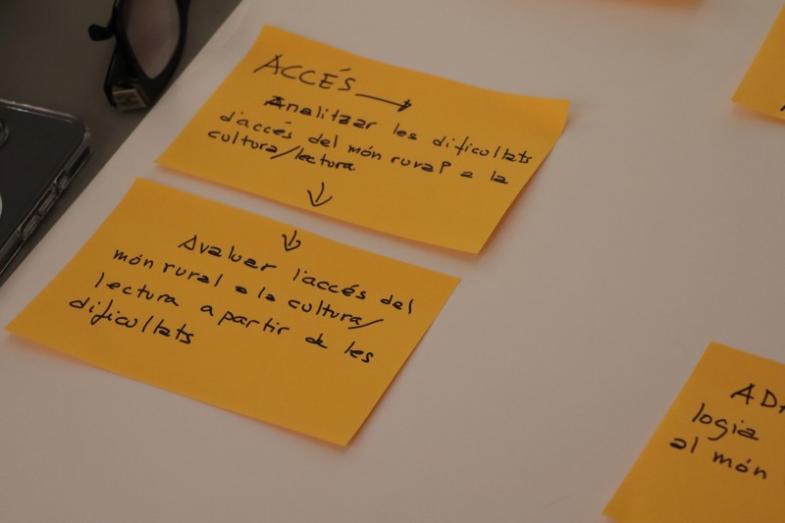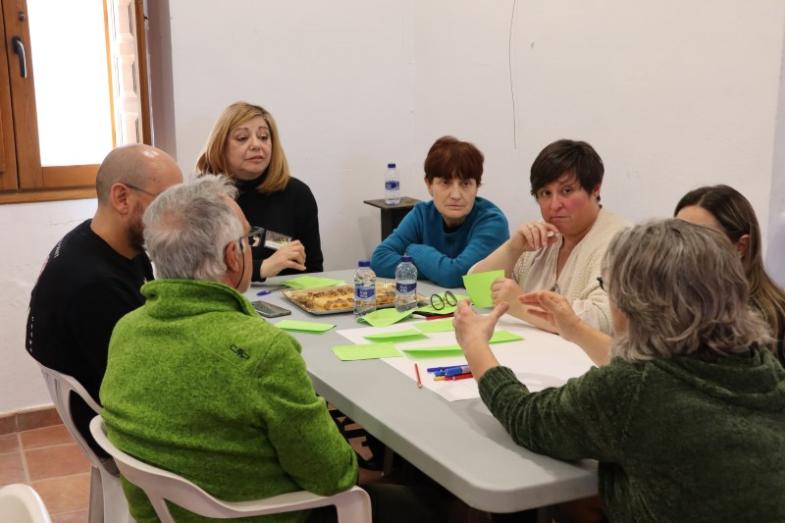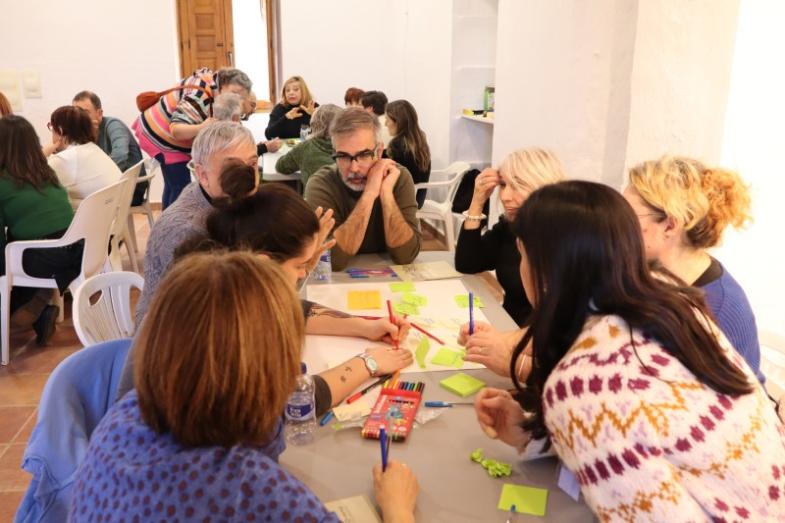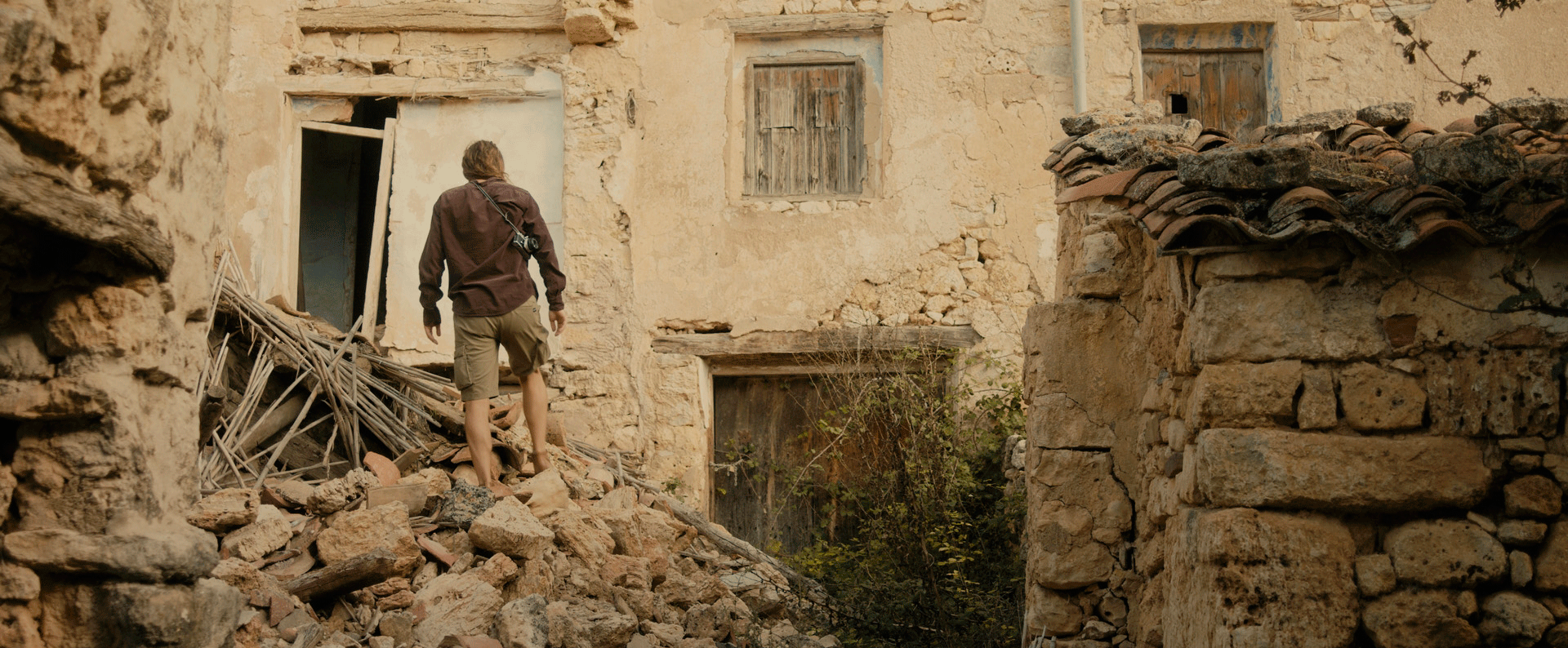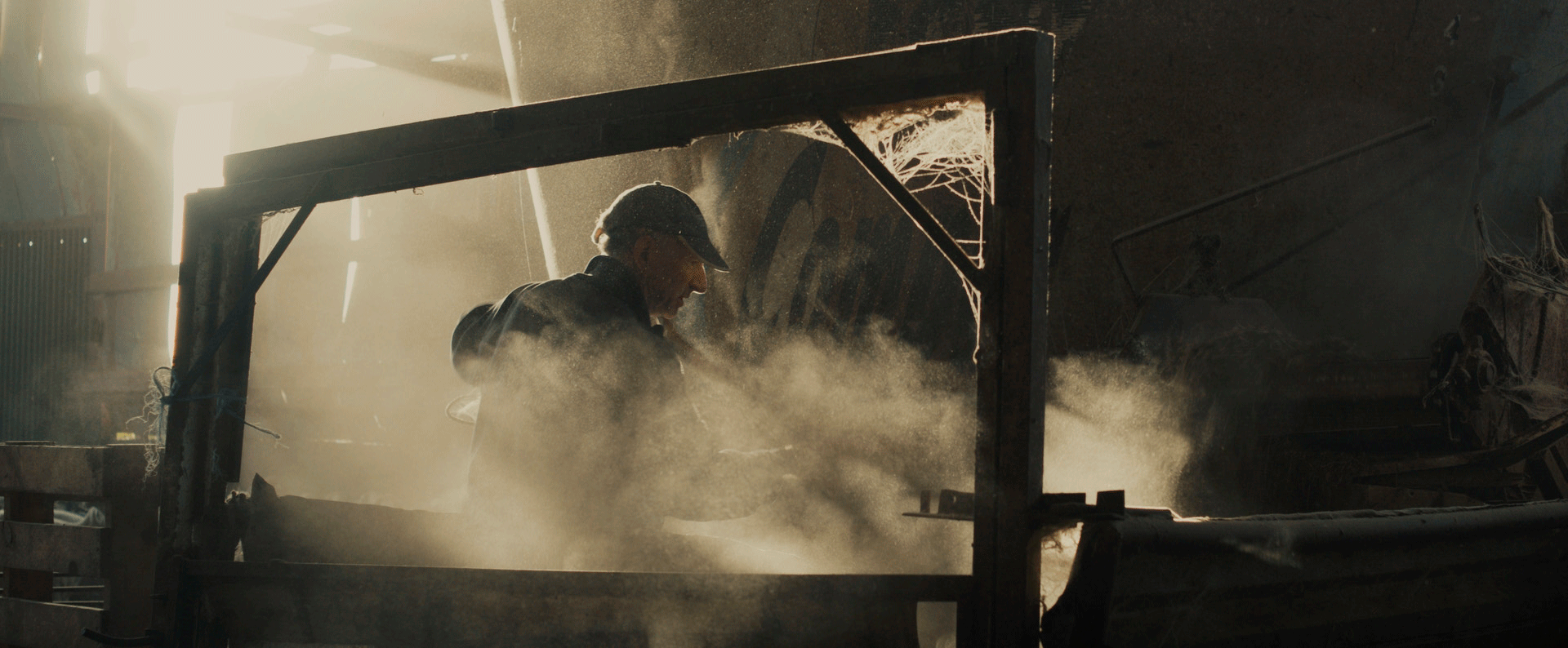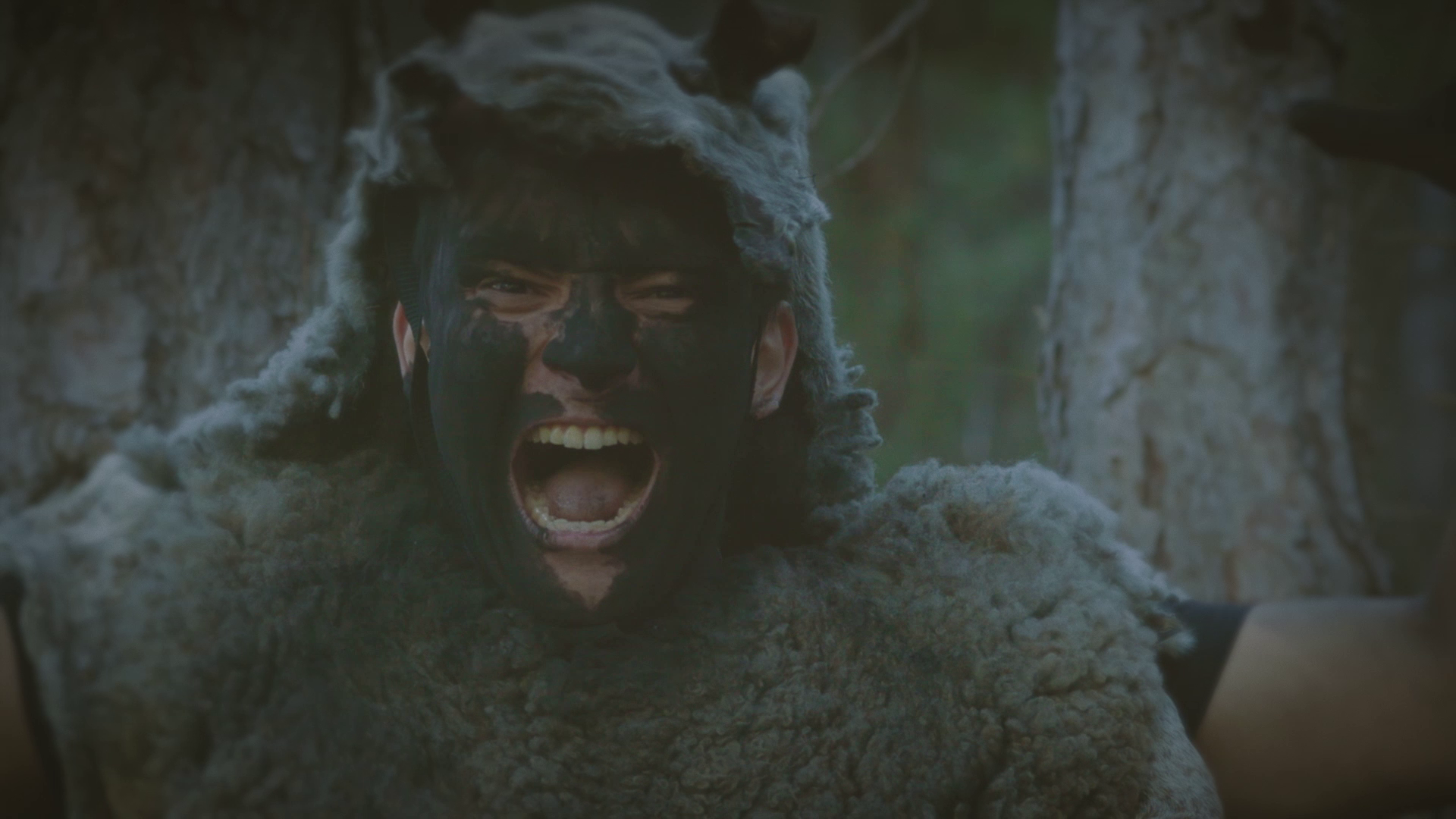La Biblioteca de L'ETNO presenta "Florentina" con sus autores, Pilar Mínguez i Paco Teruel, y su ilustradora Marina Veintimilla. Actividad vinculada a la exposición Solsida.
Florentina es el título de este libro y el nombre de la protagonista de esta historia. Quizás cuando leéis la historia de Florentina os recuerdo a la otros mujeres que nacieron en pueblos pequeños y tuvieran que migrar por varias razones, historias personales silenciadas y atravesadas por temas comunes a todas ellas. Quizás en vuestro pueblo, hay una "Florentina", pero en el caso de Alcublas el interés de Pilar Mínguez i Paco Teruel para investigar sobre Florentina ha abierto un proceso de resignificación en forma de libro ilustrado.
Solo os haremos cinco céntimos sobre ella para invitaros a venir a la presentación y escuchar sus autores:
Florentina Mañes Lázaro nació en Alcublas (la *Serrania) a principio del siglo XX. Creció rodeada de muchas suspicacias hacia la sede persona y a mediados de los años 30 migró en Barcelona buscando nuevas oportunidades. En su muerte, en 1979, dejó como heredero universal en el Hospital Municipal de Badalona y legó en su pueblo una parte para ayudar a la gente necesitada de Alcublas. No olvidó las suyos raíces, pero poco se sabía en el pueblo de su vida hasta que Pilar y Paco investigaron y decidieron dar voz a Florentina con un libro *novel·lat sobre su vida y donde la ilustración de Marina Veintimilla es protagonista.
Os esperamos!
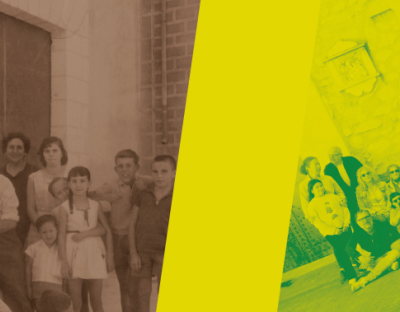





![Contar BiblioPOP, festejar biblioteques [Detall del llibre]](/sites/default/files/styles/galer/public/archivos-a/Im%C3%A1genes/20251122_BiblioPOP/2025_contar%20bibliopop_9.jpg?itok=DVI0sS5c)
![Contar BiblioPOP, festejar biblioteques [Detall del llibre]](/sites/default/files/styles/galer/public/archivos-a/Im%C3%A1genes/20251122_BiblioPOP/2025_contar%20bibliopop_9%20%281%29.jpg?itok=011oA1Fe)
![Contar BiblioPOP, festejar biblioteques [Detall del llibre]](/sites/default/files/styles/galer/public/archivos-a/Im%C3%A1genes/20251122_BiblioPOP/2025_contar%20bibliopop_8.jpg?itok=6PPUhe7d)
![Contar BiblioPOP, festejar biblioteques [Detall del llibre]](/sites/default/files/styles/galer/public/archivos-a/Im%C3%A1genes/20251122_BiblioPOP/2025_contar%20bibliopop_8%20%281%29.jpg?itok=HCfiUmbh)
![Contar BiblioPOP, festejar biblioteques [Detall del llibre]](/sites/default/files/styles/galer/public/archivos-a/Im%C3%A1genes/20251122_BiblioPOP/2025_contar%20bibliopop_7.jpg?itok=Bh8mhD_O)
![Contar BiblioPOP, festejar biblioteques [Detall del llibre]](/sites/default/files/styles/galer/public/archivos-a/Im%C3%A1genes/20251122_BiblioPOP/2025_contar%20bibliopop_7%20%281%29.jpg?itok=xFfQcGUg)
![Contar BiblioPOP, festejar biblioteques [Detall del llibre]](/sites/default/files/styles/galer/public/archivos-a/Im%C3%A1genes/20251122_BiblioPOP/2025_contar%20bibliopop_6.jpg?itok=mQ5BC0wn)
